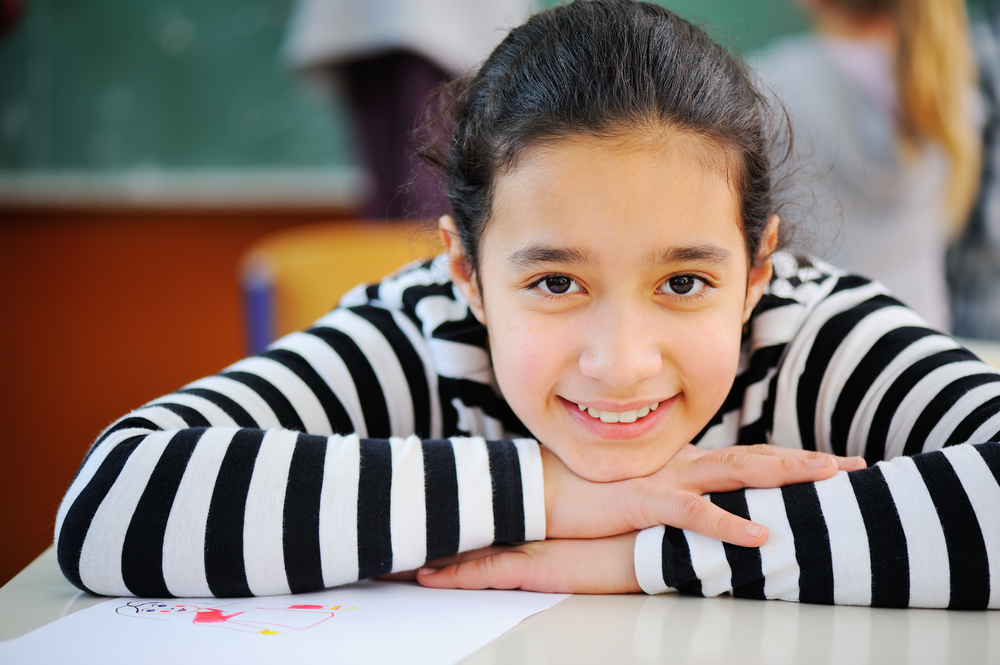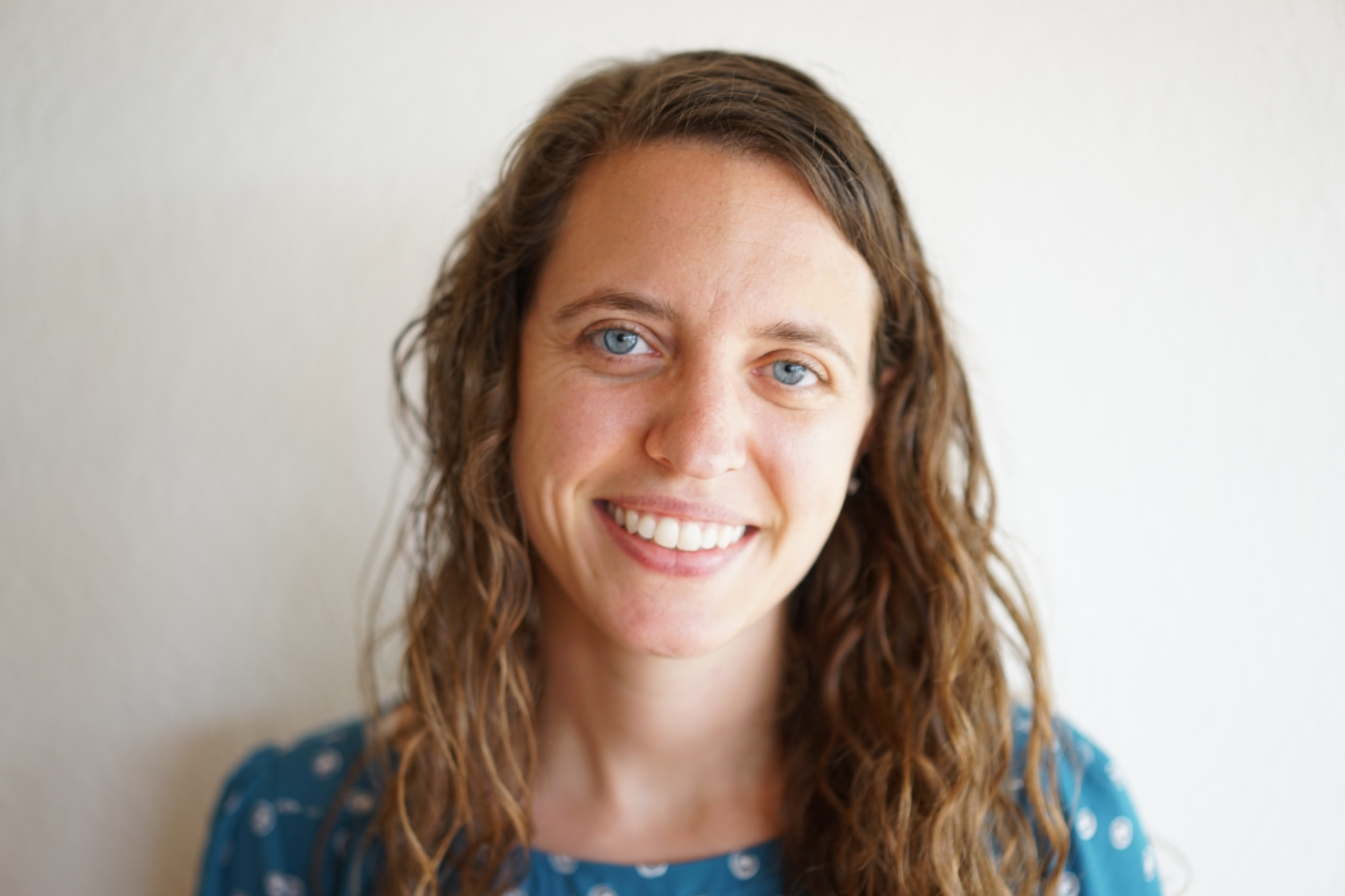
Despite all the stress that the end of a semester usually brings, these few activities help us all to end the semester on a positive note! (Zurijeta/Shutterstock)
The week before winter break is always tough. My mind is on Christmas shopping, holiday baking, decorating, and wrapping presents. In my classroom, it’s difficult to keep students focused on finishing strong and working hard until final grades are submitted.
In the spirit of winding down a calendar year and a semester, I use a few different reflection activities in my classroom.
Student Personal Reflection
I always build in time for students to reflect on their work. We reflect at the end of each unit, as well as at the end of the semester. I emphasize to students that I am the only person who will read their reflection (with the exception of disclosing a desire to hurt themselves or others), and they are free to answer in any way they’d like. In this activity, I do not expect complete sentences, proper punctuation, or correct spelling. Instead, I want them to write from their heart, and be honest with themselves and me.
I ask the following questions:
- What activity or assignment did you do your best work on?
- What activity or assignment did you struggle with? How can we (together) make it better?
- How have you seen yourself change since you entered 7th grade?
- What are your goals for second semester?
When they’re finished, I go around and collect each one. After I read their reflections, I will pull aside individual students to ask follow-up questions as needed.
Course Evaluation
Not only do I have students reflect on their own work, but also I give them an opportunity to evaluate me as their teacher. Using Google Forms, student anonymously answer a series of questions on what they enjoy about our class, what they would change, and how I help or hinder them as students. I promise them I will not look at the overall results until final grades have been turned in. Here is a link to my course evaluation (make a copy in Google Docs to save to your drive).
Additionally, I have an almost identical anonymous survey I email to parents to ask for their feedback.
Over winter break, I review the feedback and list practical changes I can make to the class based on the feedback I receive. When we return from winter break, I take a few minutes to explain changes I’m making based on their feedback.
Sharing Circle
This year, many teachers at my school attended the Restorative Practices trainings. Although I wasn’t able to make these workshops, I read two of the books (Restorative Practices Handbook for Teachers, Disciplinarians, and Administrators and Restorative Circles in Schools: Building Community and Enhancing Learning) over the summer to prepare myself to implement these practices in my classroom. I’ve been using these ideas consistently, both dealing with minor incidents in the classroom and larger issues between students. However, our favorite practice is the use of circles. My students and I use community-building proactive circles for weekly check-ins and to share the positives in their lives. They have grown accustomed to our talking piece, a small stuffed penguin, and are respectful to the speaker (some do need a reminder, or two!).
Before winter break, we get into our circle, and I ask students to respond to the following three questions (three separate rounds):
- What was the best part of first semester in science?
- What is one goal you have for next semester?
- What is one thing you’re excited to do over winter break?
Even my quietest students feel confident enough to contribute in the circle. If a student wants to pass their turn, they are allowed to; although their neighbors usually encourage them to share something.
Despite all the stress that the end of a semester usually brings, these few activities help us all to end the semester on a positive note!
